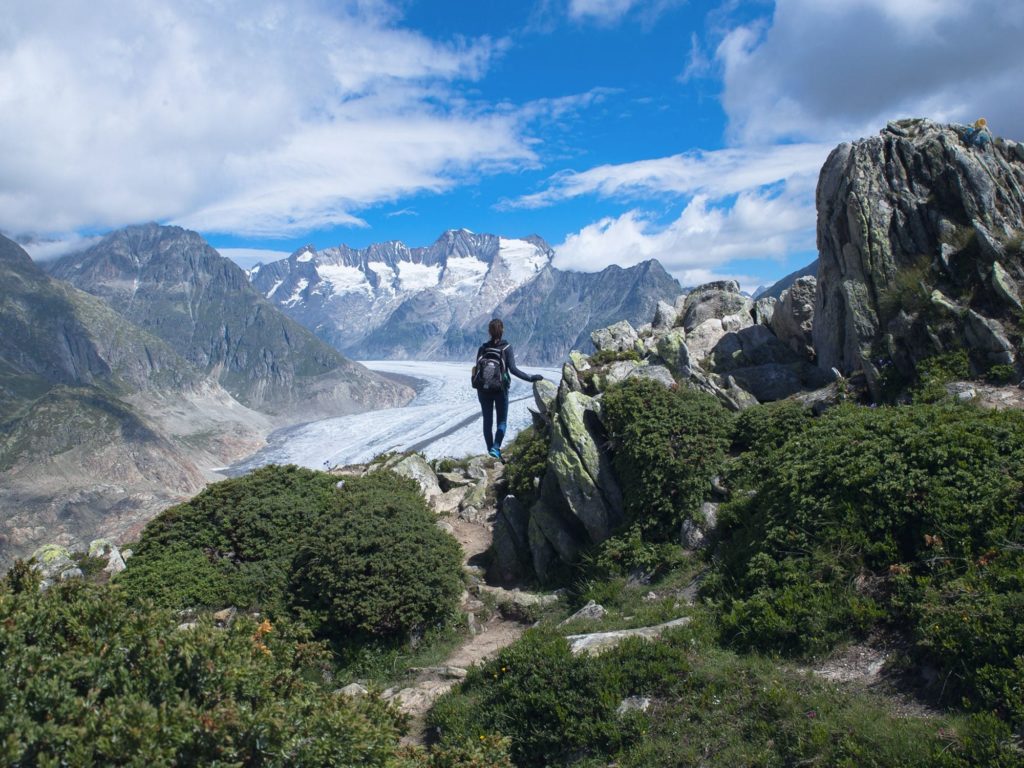Think, Learn, Act Climate!
The course helps you understand what climate change is, how it affects you and others, and what can be done to address it. After completing the course, participants will be able to answer the following:
- What is climate change?
- How do we adapt to the negative impacts of climate change?
- What opportunities exist for a low carbon future?
- How do we plan and finance climate actions?
- How do climate negotiations work?
Participants will also develop a concrete action plan or project to tackle climate change!
The Course at a Glance
Module 1: What is climate change and how does it affect us?
Module 2: How to adapt to climate change?
Module 3: How to mitigate climate change?
Module 4: How to plan and finance action on climate change?
Module 5: How do climate change negotiations work?
Module 6: How to tackle climate change in practice?
Each module takes two hours to complete and features videos, lessons, and exercises that give you an overview of a different aspect of climate change!
Your Instructors
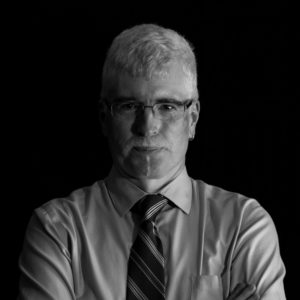
Maxx Diley, Director, Climate Prediction and Adaptation, World Meteorological Organization (WMO) .Prior to joining WMO, Maxx worked at United Nations Development Programme, International Research Institute for Climate and Society (IRI) at Columbia University, World Bank, the U.S. Agency for International Development's Office of U.S. Foreign Disaster Assistance. He has designed, managed and contributed to disaster and risk management programmes in Africa, Latin America and Asia, and has written numerous papers on disaster reduction and climate-related topics.
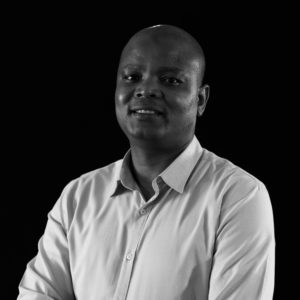
Motsomi Maletjane, Team Leader, LDC Unit, National Adaptation Plans and Policy, Adaptation Programme, UNFCCC Secretariat. He works on matters relating to LDCs under the Convention and supports the work of the Least Developed Countries Expert Group on the national adaptation programmes of action (NAPAs), the national adaptation plans (NAPs) and the LDC work programme. Prior to joining the Secretariat, Motsomi worked for the Government of Lesotho, supporting various areas of climate-related work.
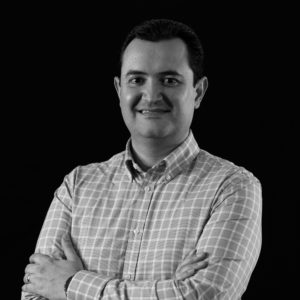
Miguel Naranjo,Programme Officer, Global Climate Action, UNFCCC Secretariat. He worked as a process engineer and an environmental supervisor for a transnational corporation and later joined the climate change team of UN Environment in the regional office for Latin America and the Caribbean. He joined the UN Climate Change Secretariat in 2011, where he has focused on capacity building for mitigation and carbon market mechanisms, and promoting climate action among the private sector and other stakeholders to meet the goals of the Paris Agreements and the Sustainable Development Goals.
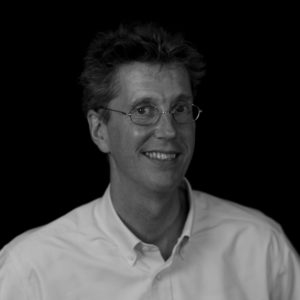
Steven Stone, Chief of Resources and Markets Branch, UN Environment . Steven holds a PhD in Resource Economics from Cornell University and has more than 20 years of professional experience in environmental and natural resource management. As Chief of Branch, Steven directs a team dedicated to furthering the knowledge base, outreach and support to countries on environmental and resource economics as key components of economic, trade and investment policy.
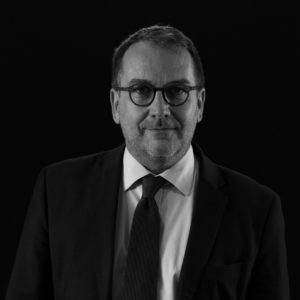
Dr. Martin Frick, Senior Director, Policy and Programme Coordination, UNFCCC Secretariat . As Senior Director, Martin Frick oversees UNFCCC’s work supporting the implementation of the Paris Agreement and climate action. He previously served as Director for Climate Change at UNFAO. He was the German representative for human rights and humanitarian affairs at the UN General Assembly and served as the European Union’s lead negotiator in the establishment of the UN Human Rights Council.
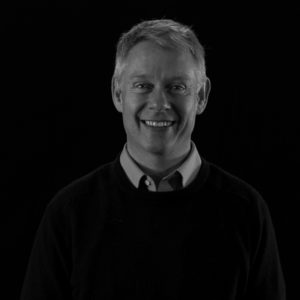
Niclas Svenningsen, Manager, Global Climate Action, UNFCCC Secretariat . He is responsible for developing and strengthening approaches and strategies for catalyzing climate action under, and in addition to, activities mandated by UNFCCC. He previously worked with the United Nations Environment Programme (UNEP) where he was in charge of the climate-neutral strategy of the UN system, as well as for the implementation of UNEP’s programmes for sustainable buildings, urban development, and sustainable procurement.
Three Levels of Climate Fitness
You can learn according to your own needs, interests and time availability. But remember! – the time and efforts you put in the course will correspond to your climate abilities!
Three levels of climate learning and corresponding CLIMATE FITNESS can be obtained via the course:
Level 1: You know climate – Watch all the video and complete all quizzes.
Level 2: You can teach climate – Watch all the videos and complete the lessons and quizzes.
Level 3: You can act climate – Watch all the videos and complete the lessons, activities and quizzes.
Get your Certificate
Once you have taken obtained a passing grade of 70% or more to all quizzes you qualify for a certificate of completion from the course. Be aware that you only have up to 5 attempts per quiz.
Your Certificate will become automatically available to download under the tap “Certification” on the main course page.
Partners
Special thanks to all UN CC:Learn Partners for the development of this course!

